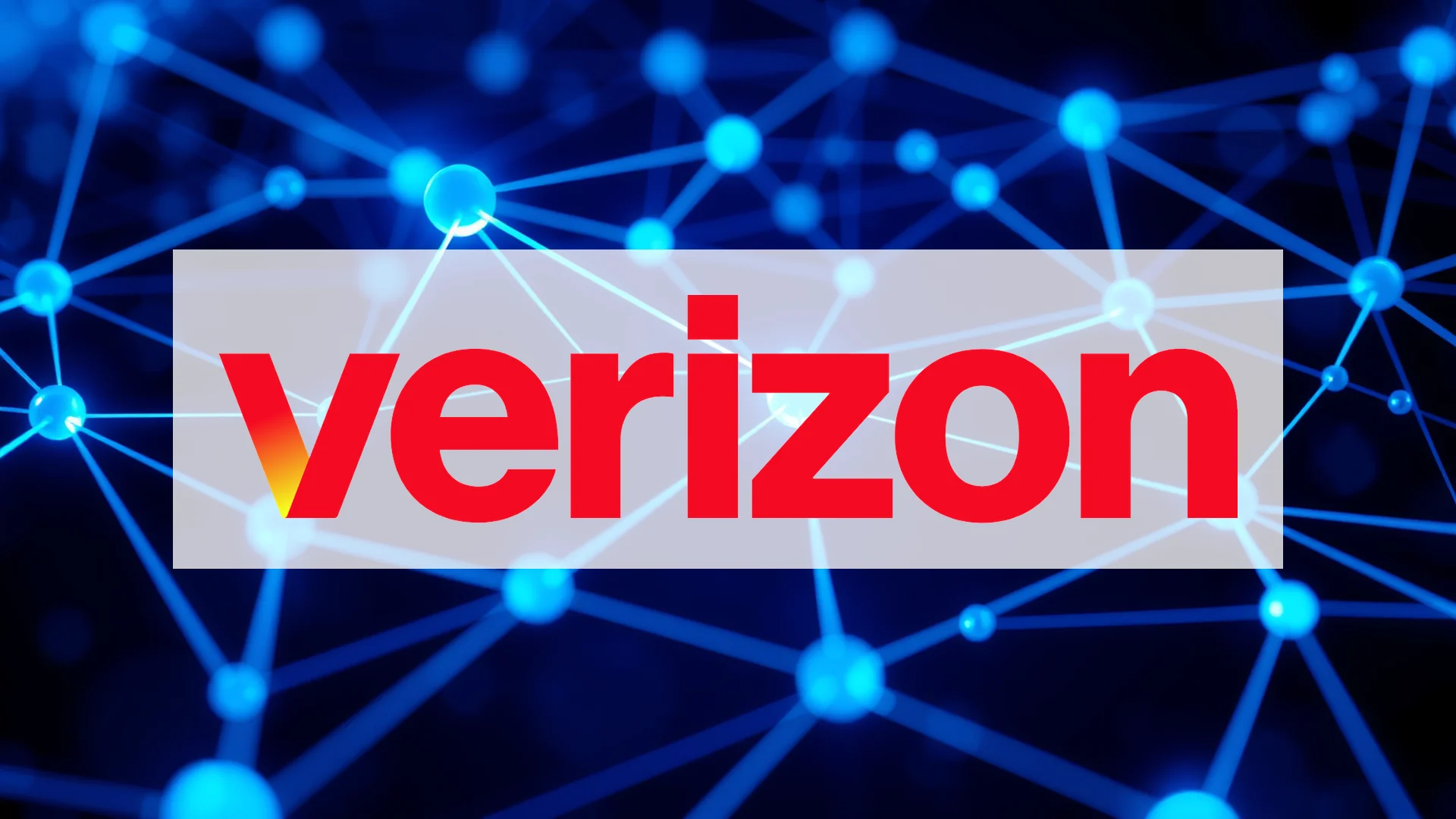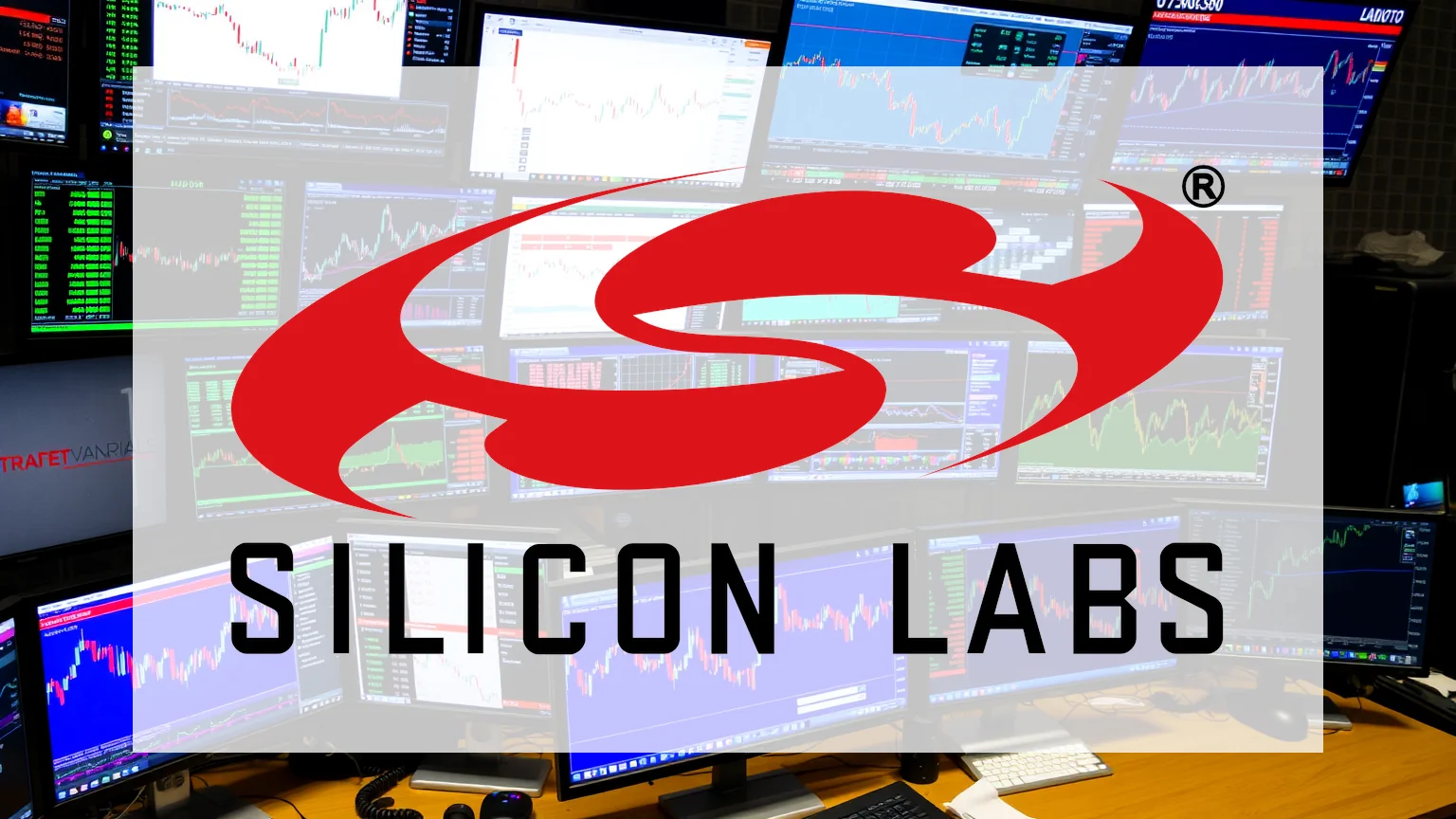The American telecommunications behemoth, Verizon, is executing a dual-track corporate strategy that appears contradictory on the surface. In a bold move to dominate the next-generation network race, the company is preparing a multi-billion dollar spectrum acquisition. Simultaneously, it is retreating from international business segments, signaling a sharpened focus on its domestic core operations.
Shareholder Returns Strengthened
Investors received positive news as Verizon’s board approved an increase in its quarterly dividend. The payout rises by 1.8 percent to $0.69 per share. With the stock currently yielding 6.3 percent, the company solidifies its position as a leading value investment within the telecom sector. This dividend hike demonstrates management’s confidence in the stability of its cash flows, even as it pursues aggressive, capital-intensive expansion plans.
The $10 Billion Spectrum Play
At the heart of Verizon’s offensive strategy is a pending transaction to acquire valuable airwaves from EchoStar. The deal, valued at approximately $10 billion, would transfer crucial AWS-3 spectrum licenses to the telecom giant. These frequencies are considered pivotal in the intense battle for 5G supremacy. By significantly expanding its network capacity, Verizon aims to accelerate its growth in the lucrative fixed wireless access market—a segment increasingly viewed as a replacement for traditional home internet. In an industry where every megahertz confers a competitive edge, this acquisition could secure Verizon’s advantage for years to come.
Should investors sell immediately? Or is it worth buying Verizon Communications?
Strategic Retreat: The International Exit
Counterbalancing its aggressive domestic investment, Verizon is methodically exiting non-core international ventures. The company has divested its Verizon Connect international telematics division to Geotab. This transaction impacts more than 400 employees across nine countries, who will transition to the new owner. This strategic divestiture underscores a fundamental shift away from global diversification and toward a concentrated resource allocation on the U.S. wireless and wireline markets.
Regulatory Hurdles and Future Timeline
Beyond the EchoStar agreement, another major acquisition is progressing through regulatory channels. Verizon’s proposed $20 billion takeover of Frontier Communications has already received clearance from the Federal Communications Commission (FCC). However, approvals are still pending at the individual state level. The company anticipates finalizing the entire transaction by the first quarter of 2026.
The market’s reaction to this dual-pronged approach of aggressive expansion and portfolio simplification has been muted thus far, with Verizon’s shares showing minimal recent movement. The central question remains whether this combination of strategic offense and retreat will ultimately strengthen the company’s position as it prepares for the next phase of the fiercely competitive 5G landscape.
Ad
Verizon Communications Stock: Buy or Sell?! New Verizon Communications Analysis from February 7 delivers the answer:
The latest Verizon Communications figures speak for themselves: Urgent action needed for Verizon Communications investors. Is it worth buying or should you sell? Find out what to do now in the current free analysis from February 7.
Verizon Communications: Buy or sell? Read more here...












